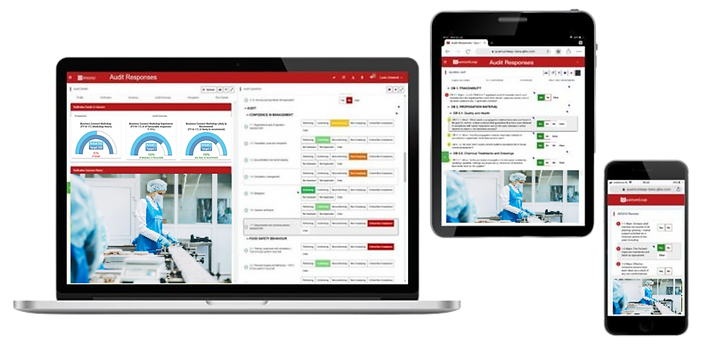Financial Services

It is now universally recognised that banks and other financial institutions need to develop robust transparent ESG programs.
The QuantumLeap cloud assessment program enables understanding of ESG readiness and improvement.
Across investments and loans
Across lenders and investments
The Bank's Customers
-
Will have a clear sense that their bank is contributing to the environment and the community.
The Bank and it's Branches
-
A clear understanding of where it is not meeting the ESG standards of its customers and stakeholders.
-
The tools to develop and monitor its own performance improvement program
-
The tools and processes to ensure it is not investing or lending to organisations that are making a negative contribution to society and the environment.
-
Corporate reporting based on a rigorous, systematic and transparent process on the state of ESG and what the bank is doing about it.
The Professional Organisation
-
Will fully understand what the banks needs and what to do to meet the ESG standards
-
Will provide a professional and systematic approach to assisting the bank
-
Will have a means of tracking progress and ensuring improvement.
How this can be done:
The appropriate ESG standards are selected.
The appropriate ESG standards are selected as required.
These are adapted from established schemes such as TCFD, GRI, ISSB SASB, WEF, SDG or an integration of schemes.
Schemes can be built specially for purpose.
Schemes are made available to any authorised person, anywhere.
The bank may build a library of different assessment tools for both the compliance and performance improvement of different stakeholders.
These can be made available as for gap analysis or readiness assessment tool for the branches, or the organisations that the bank is investing in.
Assessments can be made available as tools for:
Self-assessment - tools for the branch or organisation that enables judgement of maturity and evidence of performance.
Professional audit - to provide outside independent verification and demand further evidence of the ESG truth.
Combined - a self-assessment that is benchmarked and viewed online with verification by a professional auditor in high risk/low trust situations.
The assessment identifies areas of performance improvement & enables tracking.
The assessment promotes the development of action plans which can be monitored over future years.
Reports generated to show that the bank understands ESG readiness across its branches and investments, and that it has a well planned and monitored action program.
ESG in Banking is becoming More and More Important
According to an ESG data analysis by Roland Berger that evaluated the practices and performance of European banks from 2002-2020, the overall importance of ESG initiatives rose by 93 points (+79%) over the past two decades.
The social criteria score (how a company treats its employees and clients) rose by 30 points (+70%)
The governance (how a company polices itself) rose by 16 points (+30%).
The environmental score (a company’s contribution to mitigating climate change) saw the largest increase: 47 points (+180%).
A separate study that analysed the return on equity (ROE) of over 200 banks in an eleven-year period found that E and G policies actually led to higher profitability, while S policies negatively impacted short-term profits.

Take a Quantum Leap Beyond Spreadsheets
Use our online, real-time, SAAS platform that offers visibility, consistency, reliability, integrity, control, confidence, rigour and flexibility.





